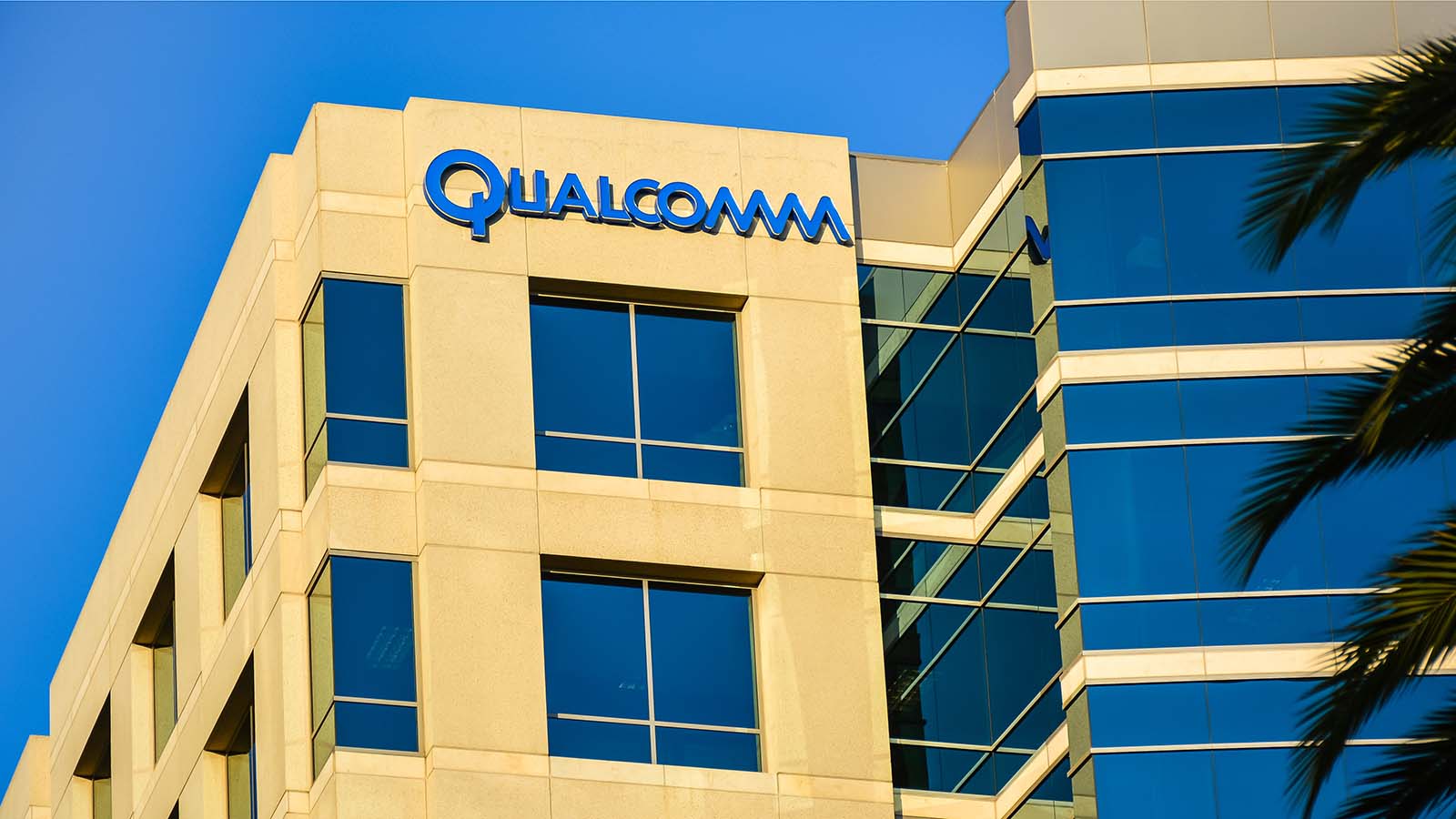The technology sector led the market higher during the recently deceased bull market, so it’s not surprising that the group has been a drag during the newly minted bear market. The “new normal” puts Qualcomm (NASDAQ:QCOM) and Qualcomm stock in a near-term bind.

Qualcomm is in the seminconductor sector, and that’s one of the most cyclical, economically-sensitive groups out there. As a result, chip stocks are usually not at the top of investors’ “buy” lists when recessions are imminent. Unfortunately, the coronavirus from China could cause a brief recession, and economists seem to think that’s going to be the case.
Earlier this week, J.P. Morgan forecast a 4% year-over-year slump in first-quarter GDP in the U.S., followed by a 14% YOY tumble in Q2. Two consecutive quarters of economic contraction defines a recession. The likely recession will probably muddy the near-term waters of semiconductor names, including Qualcomm.
Citigroup analyst Christopher Danely recently circulated research that bodes poorly for chip stocks. He noted that, during the 2008 recession, the mean earnings decline for a large group of chip makers, including Qualcomm, was 70%.
But, on a somewhat positive note. Danely pointed out that Qualcomm has a history of being one of the better-performing chip names when the economy sinks.
A Falling Knife or an Attractive Dividend Pick?
After Qualcomm’s shares tumbled 25% in the last month, its clear that the virus outbreak is hurting Qualcomm stock. But in the current market environment, there are plenty of falling knives out there. Falling knives are stocks which investors buy on the way down, only to be burned by further declines. Qualcomm could eventually prove to be one of those names. But while additional near-term drops cannot be ruled out, the stock has some characteristics that make it appealing at this point.
Notably, Qualcomm raised its quarterly dividend 5% earlier this month and now has a dividend yield of 3.9%. That may seem like a misstep in this market climate, when cash is king and investors are demanding that companies conserve their capital. However, there are a couple of reasons why the company’s payout hike sends the right messages.
First, Qualcomm had $11.43 billion of cash on hand at the end of last year, representing approximately 12% of its current market capitalization. Second, the coronavirus is likely to result in a spate of dividend cuts ; I’m looking at you, energy stocks and travel and leisure stocks. Companies outside those sectors will also cut their dividends. By boosting its dividend. Qualcomm is flexing its relatively strong balance sheet
Finally, Qualcomm, unlike many companies in the U.S., isn’t asking Uncle Sam for a bailout or tapping credit revolvers to bring cash onto its balance sheet. Even though chip makers are cyclical, investors can do a lot worse in this climate than embracing a company with ample liquidity on hand that’s increasing its dividend.
The Bottom Line on Qualcomm
The near-term outlook for many technology companies, including Qualcomm, is murky due to the coronavirus. In the first half of 2020, even the best chip makers will probably report flat YOY sales, at best. But Qualcomm could benefit from 5G deployments in the second half of the year, as Canaccord Genuity points out.
The research firm is forecasting that Qualcomm’s shares of revenue from smartphones will increase in the second half of this year as 5G phones are released and as demand for Apple’s (NASDAQ:AAPL) products rebounds.
The bottom line is that, for patient investors, Qualcomm can be a winner again. But the operative word there is “patient.”
Todd Shriber has been an InvestorPlace contributor since 2014. As of this writing, he did not hold a position in any of the aforementioned securities.
